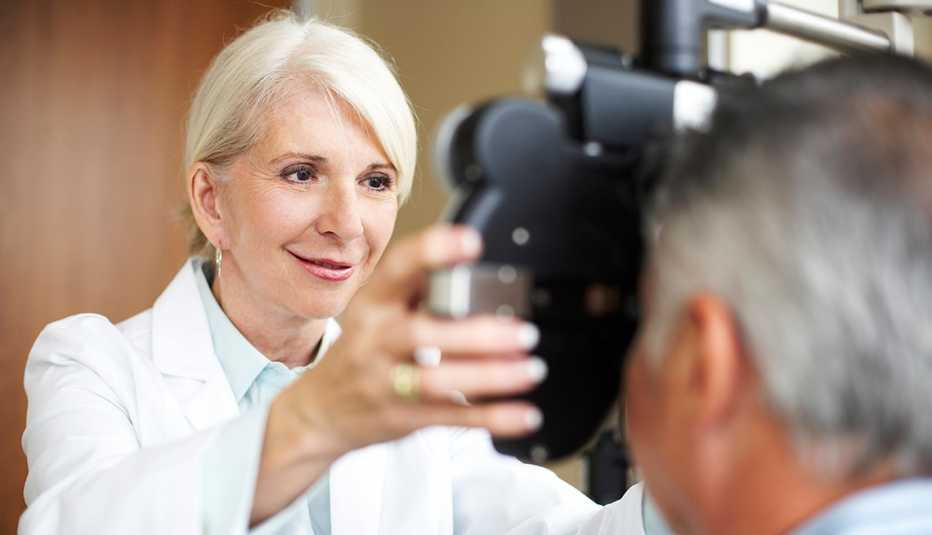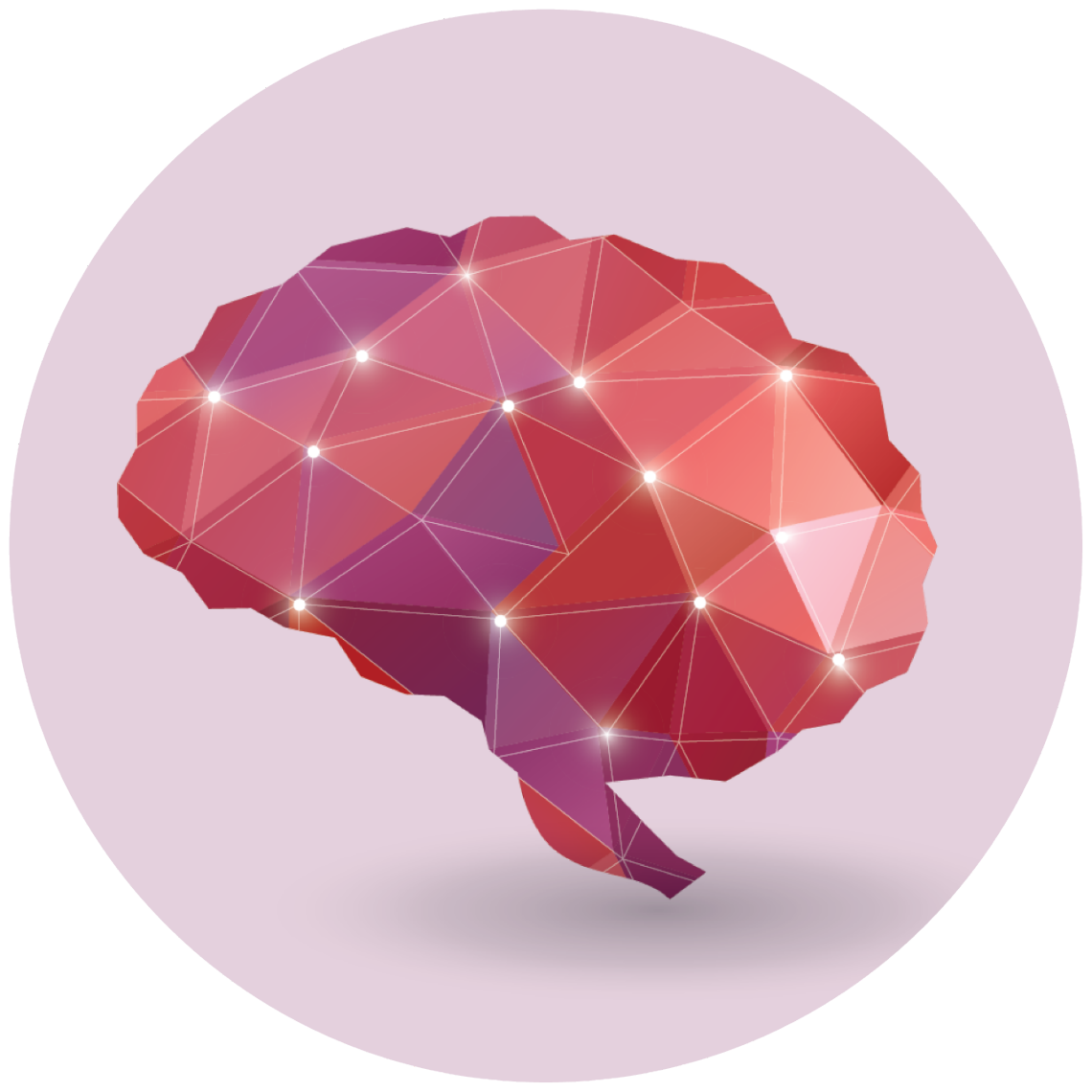AARP Hearing Center


If you’ve been putting off cataract surgery or taking your time ordering a new pair of glasses, here’s a reason to reconsider: Fixing your vision may help stave off dementia and Alzheimer’s disease, the most common form of dementia.
Recent research has uncovered a strong correlation between vision impairment and dementia. The link is so significant that in 2024, a group of leading dementia experts officially recognized treating vision loss as a key action you can take to reduce your risk of cognitive decline.
While the studies haven’t proved that vision problems directly cause dementia, they do show that treating vision issues — such as through cataract surgery or with corrective lenses — is linked with a lower risk of developing problems with memory and thinking skills over time.
“This is key because it’s a late-life factor that we can potentially do something about,” says Jennifer Deal, a public health researcher who studies dementia and cognitive aging at Johns Hopkins Bloomberg School of Public Health.
With Alzheimer’s drugs so far making slow progress in beating back the disease, many public health officials have turned their focus to addressing what the Centers for Disease Control and Prevention (CDC) calls “modifiable risk factors” that could help prevent cognitive decline from happening in the first place.
A 2024 Lancet Commission report identified untreated vision loss as one of 14 modifiable risk factors for dementia. The commission linked dementia risk to two common eye conditions: cataracts (cloudy lenses) and diabetic retinopathy (eye damage from high blood sugar). Getting those issues treated can dramatically lower your risk, according to the commission.
More than 1 out of every 10 Americans age 65 and older have vision impairment, according to the CDC. As many as 70 to 80 percent of those cases are easily correctable by getting the right eyeglasses or with cataract surgery, experts say.
“There’s a lot of potential opportunity here,” says Willa Brenowitz, an epidemiologist at the University of California, San Francisco. “Compared to a lot of other risk factors, [vision loss] is understudied, and older adults tend to have under-corrected vision or they are waiting to get their cataract surgery. Treating their vision loss could improve their quality of life, and that may in turn prevent dementia or slow the decline.”
Studies link vision loss to dementia
The idea of a sensory deficit contributing to dementia risk isn’t new. Hearing loss, which has long been linked to cognitive problems, was included in a 2020 Lancet Commission report as a modifiable risk factor. It’s only in more recent years that researchers have discovered vision loss may have a similar association. The 2024 report pointed to several different large-scale analyses of observational studies — where researchers observe individuals but don’t give treatment or try to affect the outcome — that revealed older adults with impaired vision were at increased risk of eventually developing cognitive problems. One review, published in the journal Ophthalmology, found that people with eyesight problems were 66 percent more likely to have cognitive impairment, and 109 percent more likely to have dementia, compared to those with no vision issues. A similar analysis found increased odds that were slightly lower, 35 and 47 percent higher, respectively.
AARP Brain Health Resource Center
Find in-depth journalism and explainers on diseases of the brain — dementia, stroke, Parkinson’s disease, mental-health topics. Learn about healthy habits that support memory and mental skills.
Meanwhile, a study published in JAMA Internal Medicine in December 2021 offered potential support for the idea that treating a vision problem could prevent cognitive decline. The study followed two groups of people age 65-plus with cataracts who did not have dementia. Those who had surgery to remove their cataracts were 30 percent less likely to be diagnosed with dementia in later years than those who didn’t have the surgery. (Note: The researchers adjusted for other factors that could impact the results, such as level of education, race and smoking history.)




































































More From AARP
AARP Vision Center
Expert information on vision health including cataracts, glaucoma and moreWhat Your Eye Color Can Say About Your Health
Plus, 8 types of changes in eye color that indicate problemsHow to Protect Your Vision
21 ways to take charge of your eye health